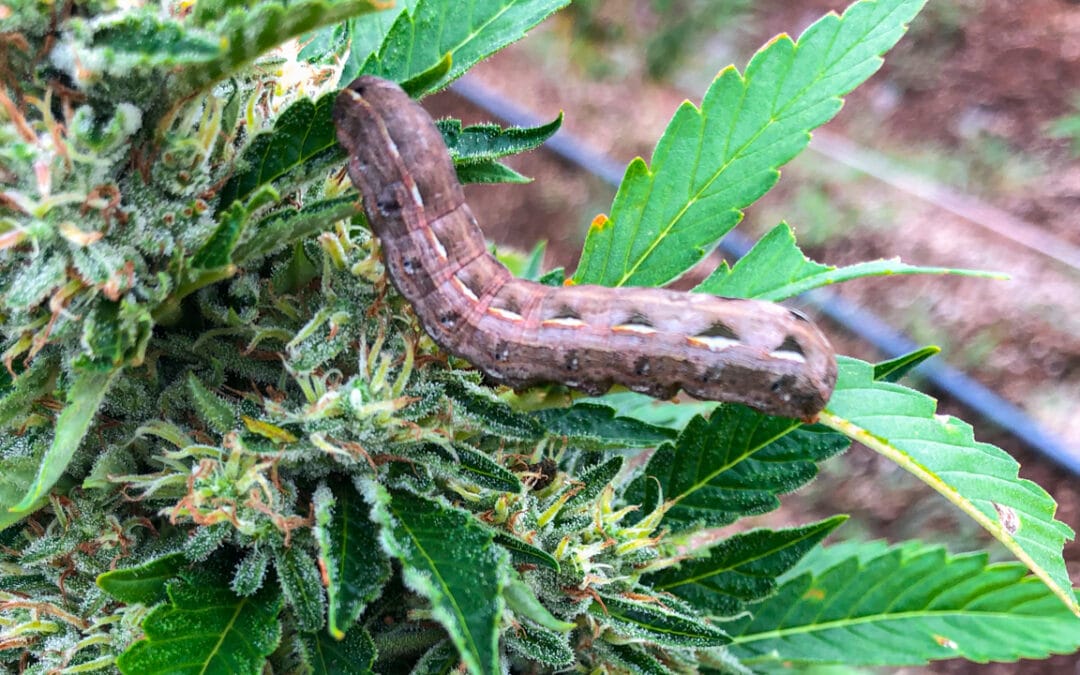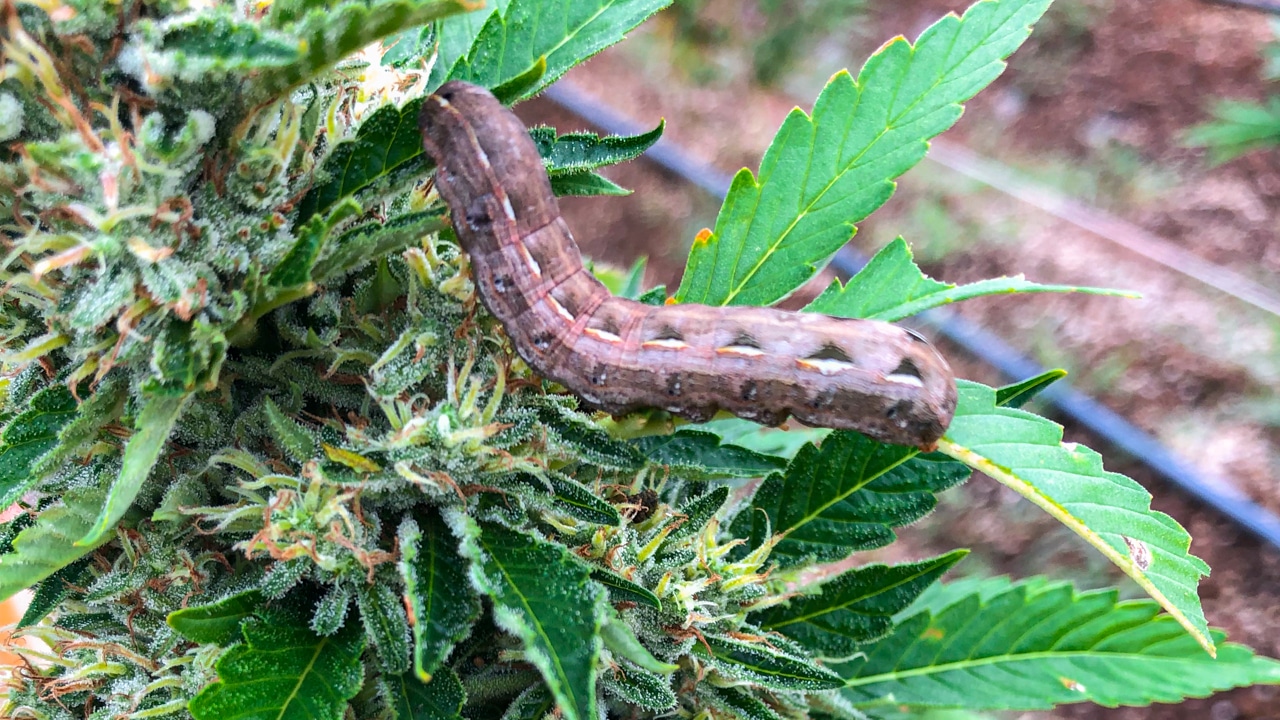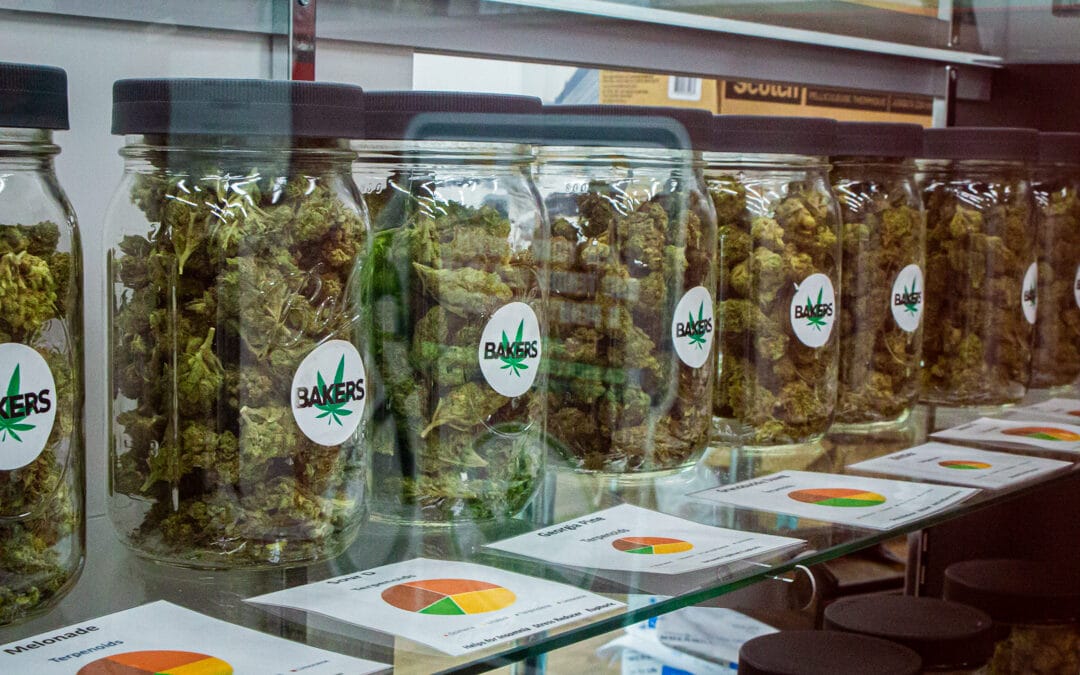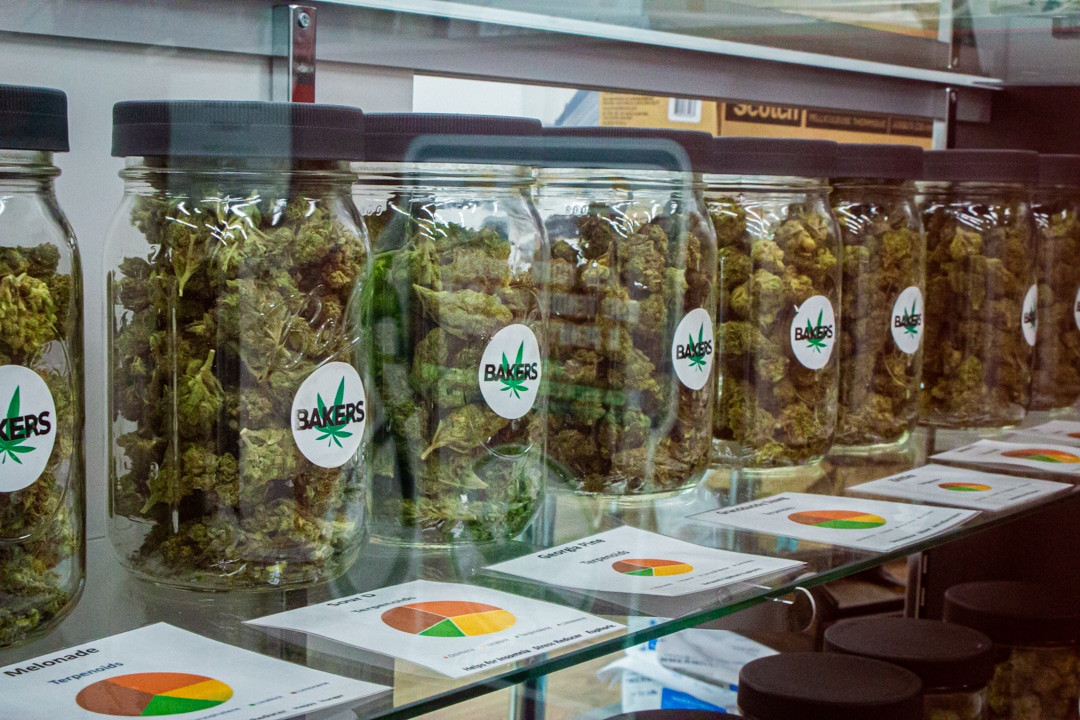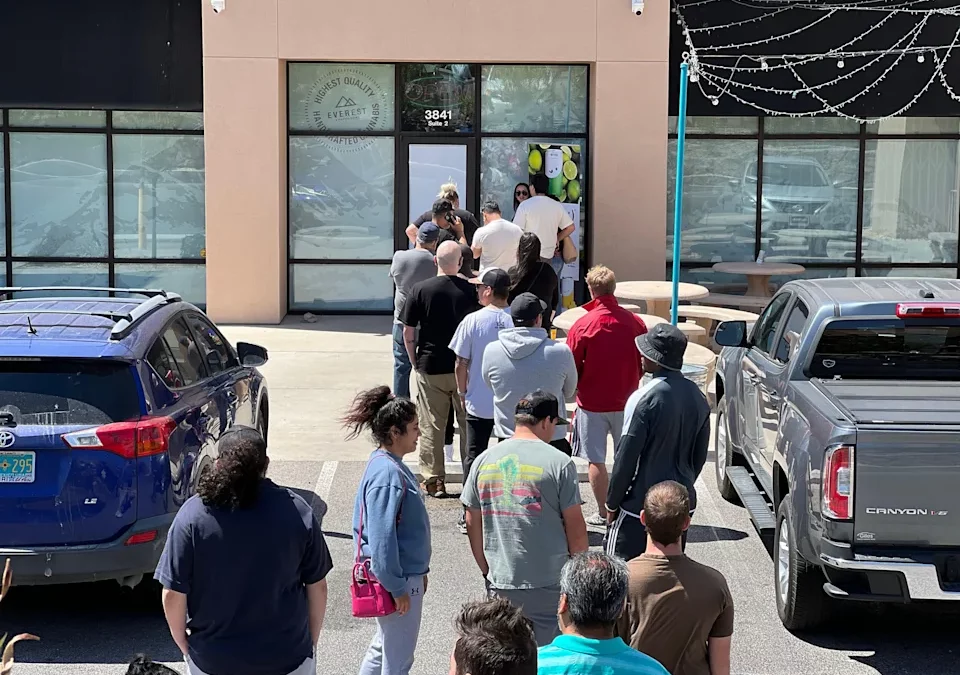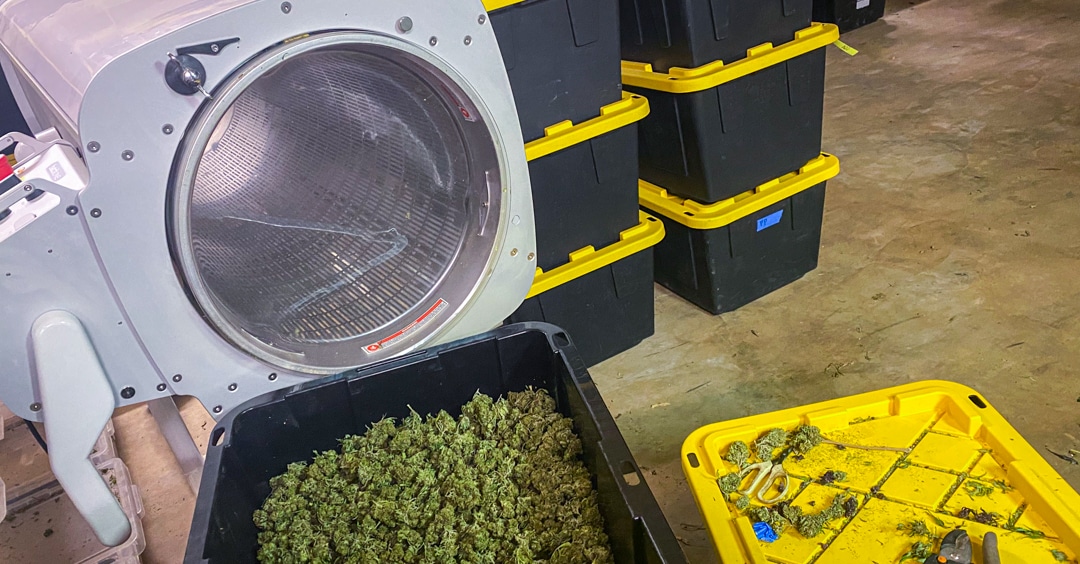
Top 3 Machine Trimmers for Cannabis

The rise of machine trimmers for cannabis across the industry has made them an essential for commercial cultivators that want a manicured final product that still holds its quality. The rough-bladed, choppy machine trimmers of the past are no more.
Now you can get a bud that looks like it is handtrimmed, while trimming more pounds per hour than ever before.
When it comes time to trim, you have two things to decide; whether you want to trim your harvest wet or dry, and choosing between hand trimming or machine trimming.
For the former, it is mainly preference. Trimming dry or wet is more of a personal choice and different growers will express the pros and cons of each method.
Trimming by hand or with a machine on the other hand can be a much simpler decision, dependent on the size of your operation. It might only take a few hours to trim up 6 plants, but 6,000 plants? That’s a lot of time, and a lot of hands.
In a large scale operation, you might pay a dozen people to trim it all by hand which can take days. A machine trimmer for cannabis can get the same work done in mere hours. But what about the quality?
Those who prefer hand trimming to machine trimmers for cannabis mostly claim that the same quality trim is just not possible with a bud trimming machine. However the quality of bud trimming machines has improved exponentially.
You can achieve a great looking, well-manicured harvest with a bud trimming machine these days, as long as your using the right one. Here are three of the best bud trimming machines for getting a quality trim without doing damage to your harvest.
GreenBroz Model M Dry Trimmer

The GreenBroz Model M Dry Trimmer is designed to closely mimic the act of hand trimming your harvest while at the same time increasing the consistency and efficiency of your harvest process.
While the Model M is primarily designed to be gentle, quiet, and extremely easy to clean, the 16 pounds per hour capacity allows you to trim as quick as anyone in the game.
Their patented blade design features surgical grade stainless steel which allows for the gentle rolling of the flower maintaining the natural curves and integrity of your product.
You can trim over 16 pounds per hour with the Model M, and it’s easy to take apart for cleaning. GreenBroz was one of the first companies to produce high quality machine trimmers for cannabis. They’re reliable and effective for the price.
Twister BatchOne Dry Trimmer
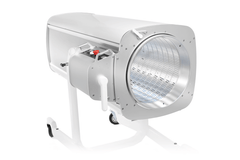 If 16 pounds per hour just won’t cut it, the Twister BatchOne Dry Trimmer will exceed your expectations.
If 16 pounds per hour just won’t cut it, the Twister BatchOne Dry Trimmer will exceed your expectations.
With the ability to trim up to 88 pounds dry per hour, the BatchOne allows you to move through your harvest quickly so you can accelerate your time to market and maximize your return on investment. The BatchOne is designed with ultra-fine saddle adjustments and paired with a ¼ HP motor which prevents stalling, to provide the confidence needed to walk away while achieving the industry’s tightest batch style trim.
Everything from the ease of loading and unloading product from both sides, to a removable control box for simplified wash down and even 360 rotating casters makes BatchOne portability a dream. The BatchOne machine trimmer for cannabis is the next generation of trimmer; sleek, easy to use and effective.
CenturionPro Original Wet/Dry Trimmer
 What if you want the best of both worlds with the option to trim wet or dry? The Original Trimmer from CenturionPro can meet your needs.
What if you want the best of both worlds with the option to trim wet or dry? The Original Trimmer from CenturionPro can meet your needs.
The CenturionPro Original Standard System comes all-inclusive with the largest hopper in the industry, a 3 horsepower leaf collector suction system and our unique triple-bag kief filtration & trim collection system. Our machines are specially designed to trim both wet and dry material.
The Original can process 50 pounds per hour wet and 10 pounds dry. While not the the most efficient in terms of output per hour, having the ability to trim both wet and dry with one machine puts the CenturionPro Original ahead of the competition.
Cultivate offers drop shipping on all of the industry’s leading wet and dry bud trimming machines, so you never have to worry about us being out of stock! Get in touch with us to set up your order for a high quality machine trimmer for cannabis.



